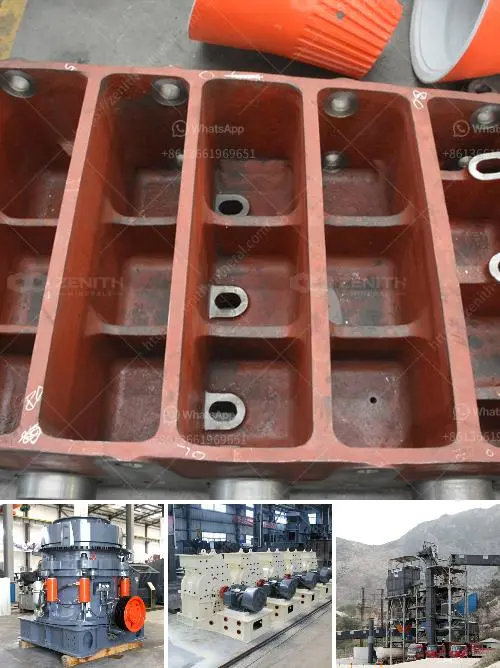Starting a granite quarry involves several permits and legal requirements to ensure compliance with environmental, safety, and industry regulations. Here's an overview of essential permits and legal requirements you may need to address:
-
Business Registration:
- Register your business with the appropriate local or national authorities.
- Choose a suitable business structure (e.g., sole proprietorship, partnership, corporation).
-
Land Use and Zoning Permits:
- Obtain permits or approvals confirming that your intended quarry site is zoned for mining or extractive activities.
-
Mining License or Permit:
- Secure a mining license or permit from the relevant government department overseeing natural resources or minerals.
-
Environmental Impact Assessment (EIA):
- Conduct an EIA to evaluate the potential environmental effects of the quarry.
- Obtain approval from environmental regulatory authorities.
-
Environmental Permits:
- Obtain necessary environmental permits, such as air and water discharge permits, dust control permits, and more.
-
Operational Permits:
- Apply for operational permits that cover quarry operation, explosives use (if applicable), and equipment usage.
-
Health and Safety Compliance:
- Implement a safety management plan.
- Ensure compliance with local and national occupational health and safety regulations.
- Provide appropriate safety training and equipment to workers.
-
Water Use Permit:
- Obtain a permit if your quarry operations involve water usage or if you impact existing water resources.
-
Cultural and Historical Preservation Permits:
- Check if the site has historical significance and apply for any required preservation permits.
-
Reclamation Plan:
- Develop a plan for restoring the land after quarry operations are complete, and submit it for approval.
-
Community Engagement and Social License:
- Engage with local communities to obtain their support and address concerns.
- Sometimes informal agreements or social licenses are needed to maintain good relationships with stakeholders.
-
Financial Assurance or Bonding:
- Provide financial assurance or bonding to cover potential environmental rehabilitation costs.
It's important to consult with a legal expert or regulatory consultant who understands the specific requirements in your area, as they can vary by location and jurisdiction. Engaging with the relevant authorities early in the process will help ensure compliance and prevent delays.

